Berkley's Idealism
1/15
There's no tags or description
Looks like no tags are added yet.
Name | Mastery | Learn | Test | Matching | Spaced |
|---|
No study sessions yet.
16 Terms
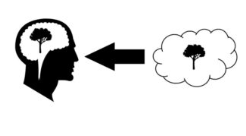
Define Berkley’s idealism
Immediate objects of perception are mind dependent objects
All that exist is minds and ideas
Sense data is the ultimate foundation of all reality, or even exhaustive of reality
Anti-realist theory
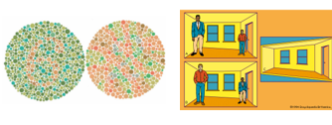
Outline Berkley’s attack on primary / secondary qualities in regards to variation
P1. Locke says secondary properties are mind dependent as they change between perceivers and are therefore mind-dependent.
P2. Primary qualities are also subject to perceptual variation
C: Therefore, primary qualities are also mind-dependent.

Outline Berkley’s Master argument
P1. It is impossible to imagine an unperceived object
P2. This is because whenever you try you are imagining it from the perspective of yourself perceiving it
P3. What is unimaginable/inconceivable is impossible, therefore cannot exist
C1. So only things that are perceived can exist
C2. To be is to be perceived or to perceive , esse est percipi
Berkley rests everything on this argument
Outline the criticism from illusion
If only minds and ideas exist, then there is no reality beyond my perception
Idealism cannot distinguish between true perceptions and false ones
E.g. if I am seeing a bent stick in the water then there is no way for idealism to say the stick is not “really” bent
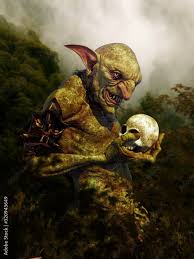
Outline the criticism from hallucination
If, as Berkeley contends, “to be is to be perceived” – are we to say that hallucinations are just as real as ordinary perception?
If I perceive a goblin because I took drugs, is it really plausible to say that the goblin is every bit as real as a table or a chair?
Also, why would God cause such perceptions?
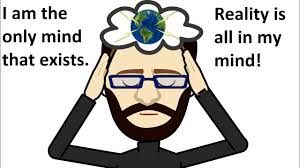
Outlined the criticism that idealism leads to solipsism
Berkeley claims only minds and ideas exist
If we experience nothing apart from our own perceptions/ideas then idealism cannot establish the existence of anything beyond my own mind

Outlined criticisms of the role played by God in Berkeley's idealism
1. Berkeley says all that we know comes through experience, but we have no direct experience of God
2. He also says God is a thing more like us than matter, but arguably we are more like matter as we exist in space and time and are not infinite , unlike God
3. If our experiences are in God’s mind too, then the notion of a perfect being experiencing pain suggests he is capable of imperfection.
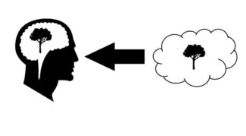
Outline the basic argument for idealism
P1. everything that we know comes through experience
P2. We only ever experience ideas/sense data
C. Therefore, all that exists are ideas and minds that perceive those ideas

Outline Berkley’s argument against primary/secondary qualities in regards to inseparability
P1. We cannot form an idea of an apple with only its primary qualities and no secondary ones, otherwise it is not clearly an apple
P2. If we can’t clearly separate an objects primary qualities from its secondary ones in our imagination they must exist together
P3. Therefore, all properties of objects are mind-dependent and objects are merely “collections of ideas”

How would Berkley respond to the criticism from illusions
Illusions by appealing to the coherence/regularity of my ideas in general
If we believe the stick will still be bent when taken out of the water, it is our belief that is mistaken, as our regular experience of straight sticks is that they only come to look bent in water

How would Berkley respond to the criticism from solipsism
Our use of language is enough to infer there are other minds as it is a complex means of communication based on shared rules, therefore is unlikely to be the product just of my mind

How would Berkley respond to the criticism from God
God does not experience in the same way as us – as our creator he wills us to experience pain, but does not passively experience it as we do

Define primary quality
Independent of perceivers and are intrinsic to objects themselves and what exists even when no one is around to perceive them
Measured scientifically or geometrically
Accessible through more than one sense
e.g. feel and see it
Accurately resemble objects royal qualities
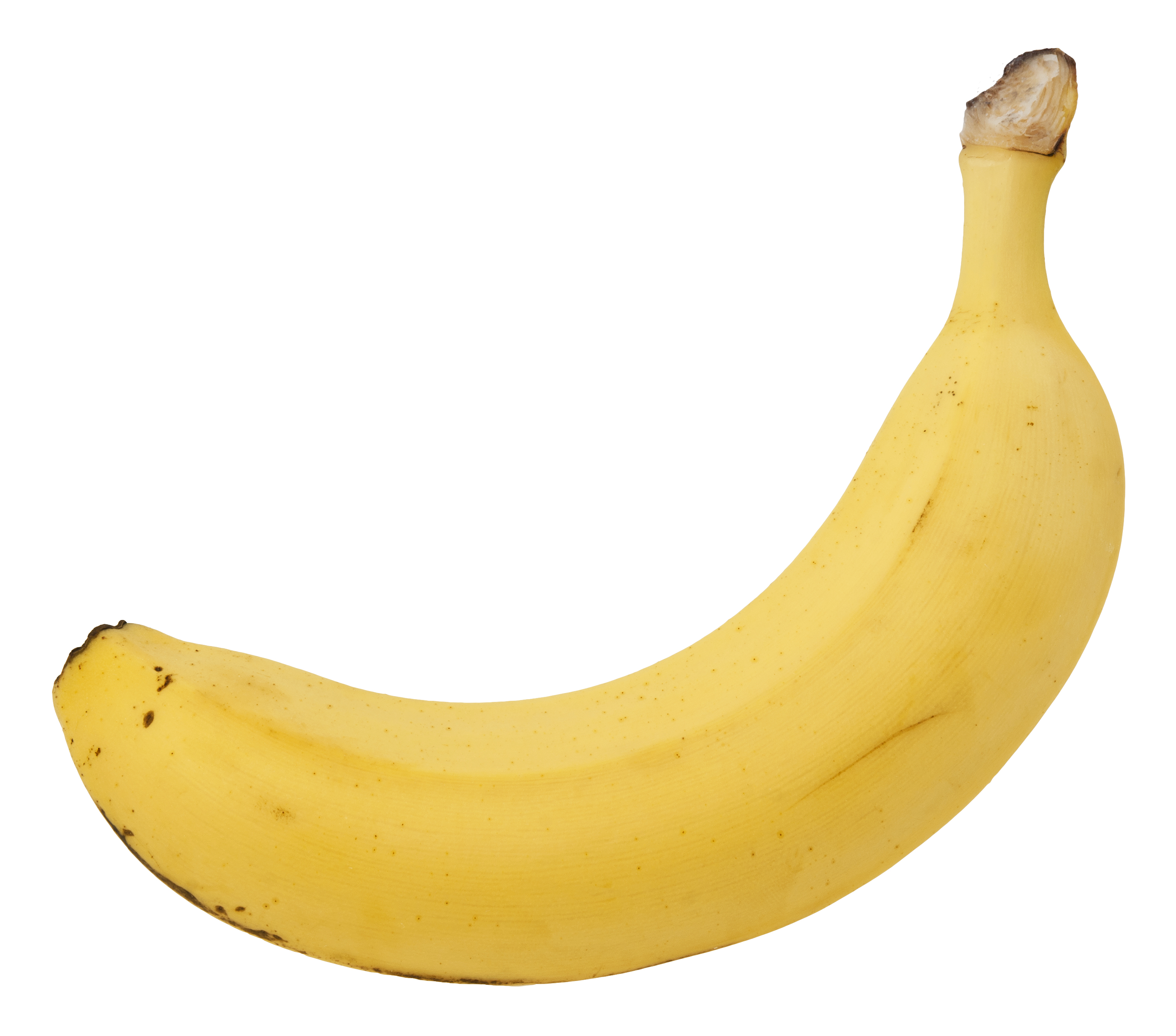
Define secondary quality
Dependent on perceivers by definition
Not easily measurable in scientific or geometric terms
Accessible by one sense
Do not accurately resemble the object but are a mental interpretation
e.g. the idea of a banana in my mind
Define realism
This is the belief that physical objects exist independently of our minds and perceptions
Define anti-realism